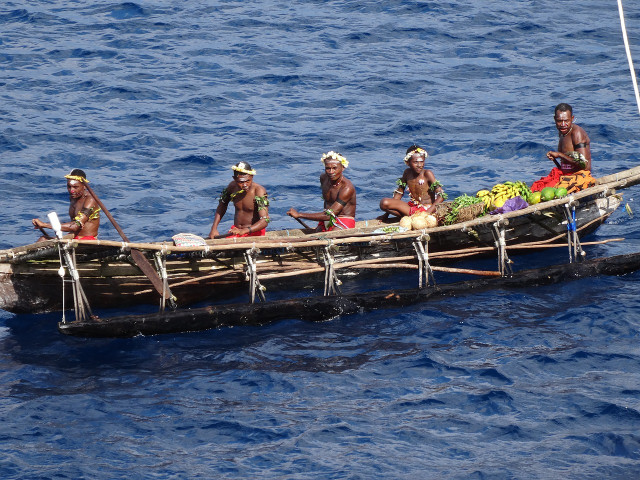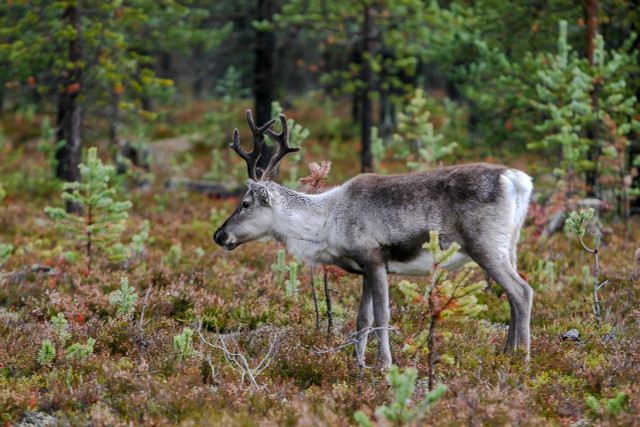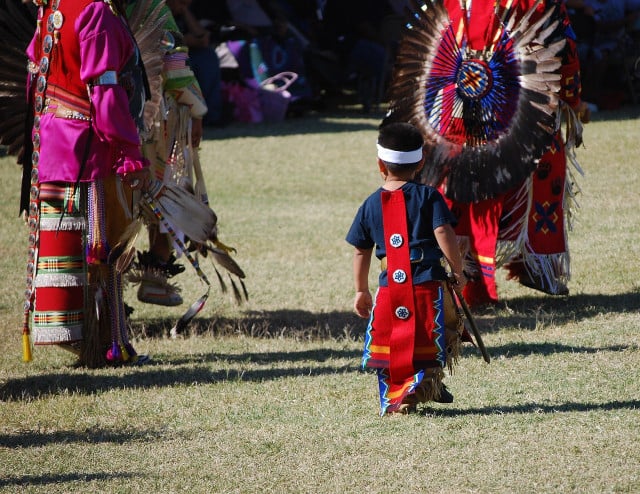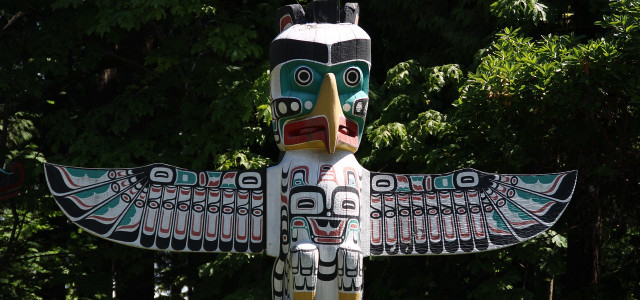Traditional ecological knowledge is crucial in understanding the world around us, especially when it comes to conservation and sustainability. Discover more here.
Traditional Ecological Knowledge (TEK) has been around since the dawn of humanity as humans needed to be aware of their surroundings for survival and began to pass that on to the following generations.
Scientists are beginning to understand what a critical role this holistic approach plays when it comes to studying the environment. Let’s dive into what the term means and take a closer look at some examples of this knowledge at work.
What Is Traditional Ecological Knowledge?

The term traditional ecological knowledge refers to the knowledge and practices of indigenous and local communities that are developed through direct and multi-generational contact with their natural environment.
Humans have always relied on accurate knowledge of their surroundings for survival, and this knowledge is deeply ingrained and passed down from generation to generation. Traditional ecological knowledge looks different depending on where you are because cultures from all over the world have developed different relationships with nature based on their bioregion and climate.
It encompasses a wide variety of knowledge systems that look at the various relationships between people and their environment, including:
- Landscapes
- Local wildlife
- Natural phenomena like weather patterns, natural disasters
- Timing of hunting, gathering, fishing, agriculture and forestry
Not only does TEK focus on the physical aspect of our relationship with nature, but it also looks at the spiritual connections between humans and the environment.
Read on: Human-Environment Interaction: Definition & Examples
Importance in Sustainability



The accumulated experience and multi-generational knowledge of both indigenous and local communities are key for sustainability. Why not get your knowledge from groups of people who have managed to live off the land in a sustainable manner for centuries?
They have a much deeper understanding and appreciation of ecological processes and the relationships that exist within their ecosystems and use this in their everyday lives. Some examples of the knowledge passed down include:
- Improving soil health and promoting crop growth through the use of natural fertilizers and companion planting.
- Treating ailments and illnesses with plants and herbs based on their medicinal properties.
- Predicting weather patterns based on observations of animal behavior and natural phenomena
- Managing and conserving water resources through rainwater harvesting and irrigation systems.
- Hunting and fishing in ways that balance both resource base and human needs.
- Managing forests through actions like controlled burns to prevent catastrophic fires and promote the growth of certain plant species.
- Land management techniques that promote biodiversity and prevent soil erosion.
- Knowledge of seasonal patterns and migratory pathways of wildlife.
As you can see, traditional ecological knowledge is invaluable for conservation efforts and the sustainable management of natural resources. It also helps provide an understanding of the impacts that climate change has on communities around the world. Combining traditional ecological knowledge with scientific research could have an enormous impact on the fight against climate change.
Case Study: The Saami



The Saami people have lived in the northern Arctic for over 5,000 years. These traditionally nomadic people rely on the wild reindeer population and consequently become reindeer herding experts. They understand reindeer migratory patterns, their eating habits and how they breed. They also understand how to use and preserve all parts of the animal to sustain themselves and pass this information on to the next generation.
Unfortunately, the Sami way of life is threatened by global shifts in temperature. Snow covers Sápmi (Saami territory) for approximately 8 months of the year, but the conditions are becoming less predictable. This makes it difficult for reindeer to eat and for the Saami to travel safely. Climate change has also affected their culture, as many have had to turn to modern technology or alternative food sources for their reindeer to get by.
The traditional ecological knowledge of the Saami is critical for wildlife conservation in the Arctic regions.
Western Science vs. Native Science



Traditional ecological knowledge is sometimes called native science, which refers to the knowledge and practices of indigenous peoples. This holistic approach is subjective and merges spiritual and cultural activities with historical ecological knowledge to promote environmental sustainability. It’s gaining traction as a complementary knowledge source for environmental conservation and management.
Western science, on the other hand, is considered to be objective and qualitative meaning it can be researched and measured through experiments and relies heavily on hard data. For centuries, this form of knowledge has been held in very high regard, but it doesn’t have all the answers — and neither does native science.
Instead, the combination of both traditional ecological knowledge and Western science with regard to policy creation and decision-making processes is needed to combat climate change.
Read more:
- Grounding Benefits: What the Science Says and 6 Tips
- Do Plants Have Feelings? All Sides of the Debate
- What Do Corals Eat & How Is It Affected by Climate Change?
Do you like this post?







